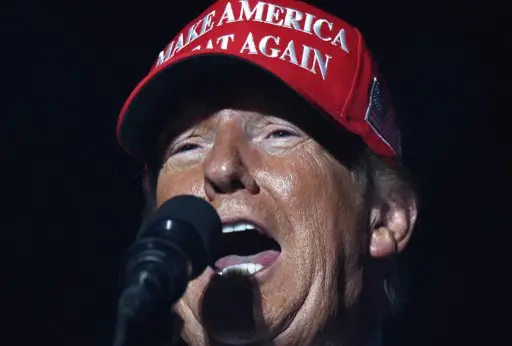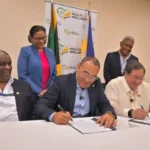Washington, DC – A group of 18 states, predominantly governed by Democratic officials, has filed a legal challenge against President Donald Trump’s executive order aimed at ending birthright citizenship in the United States. The lawsuit, which includes states like California and New York, was lodged in a Massachusetts federal court just a day after the President’s inauguration.
At the heart of the controversy is Trump’s order, which seeks to revoke the automatic citizenship granted to anyone born on U.S. soil, a right enshrined in the 14th Amendment of the U.S. Constitution. The states argue that this action violates constitutional protections and could affect children born to non-citizen parents, including those who are in the U.S. temporarily or illegally.
California Attorney General Rob Bonta, one of the plaintiffs, expressed strong disapproval of the order, calling it “unconstitutional and unjust.” He announced the lawsuit in a press briefing, emphasizing the importance of safeguarding the rights of American-born children. “We are fighting to preserve the foundational principles that make this country a beacon of hope for millions,” he said. The plaintiffs are asking the court to block the executive order from taking effect while the case proceeds.
This legal challenge is accompanied by a similar lawsuit filed by the American Civil Liberties Union (ACLU) and other advocacy organizations in New Hampshire, further intensifying the opposition to Trump’s plan. Supporters of the executive order argue that it would help curb illegal immigration, but critics contend it undermines the values enshrined in the U.S. Constitution, particularly the 14th Amendment, which was ratified after the Civil War to ensure citizenship for former slaves and their descendants.
Despite widespread criticism, President Trump has maintained that the order is in line with his powers and that the U.S. is one of the few countries that offers such citizenship guarantees, a statement which has been debunked, as many nations, including Canada and Mexico, also practice birthright citizenship.
The legal process will now determine whether the executive order can be implemented or blocked, with constitutional experts predicting a prolonged and complex court battle ahead.






